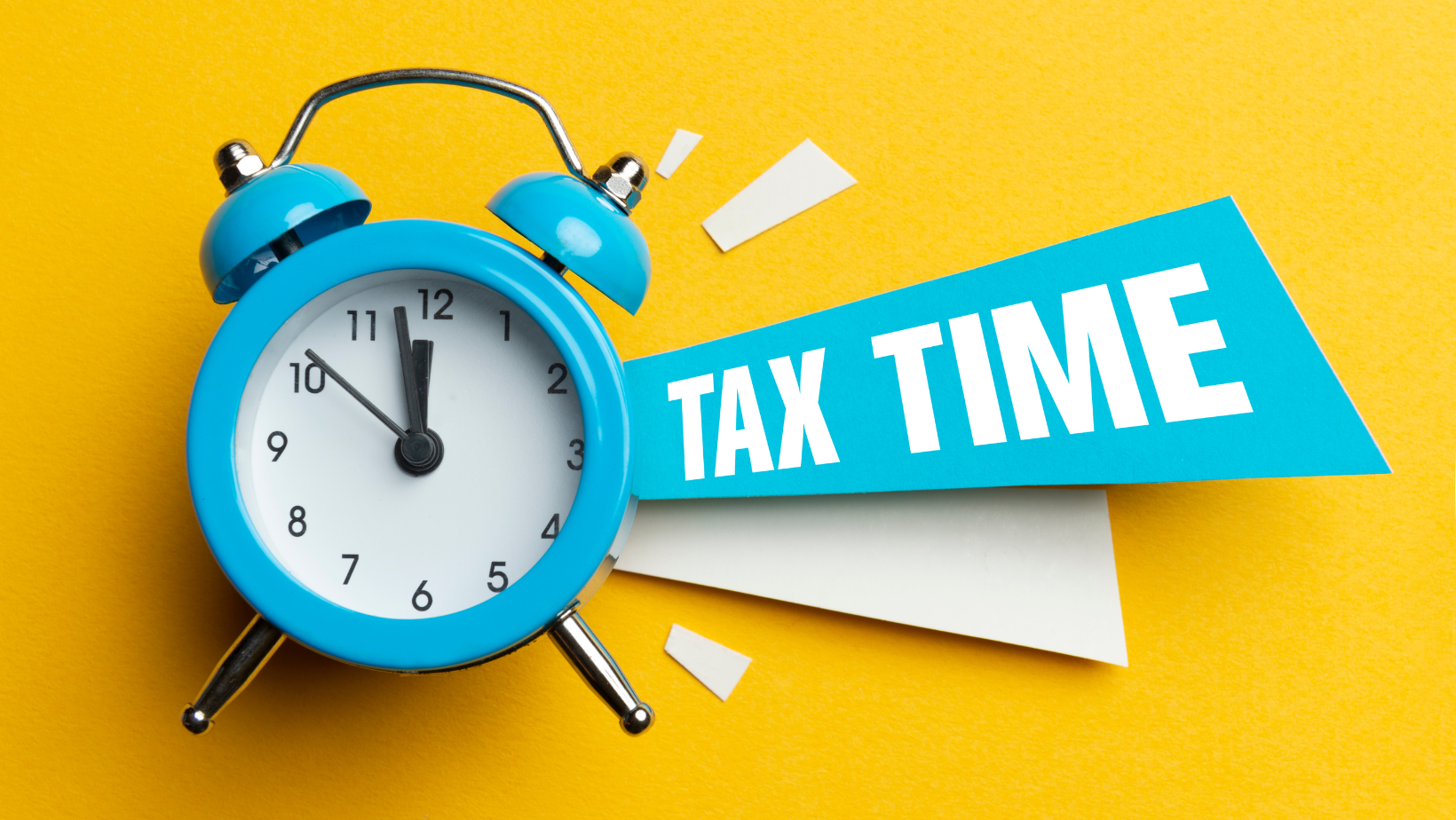
Demystifying the labyrinthine UK tax system and its year-end procedures can seem like a daunting task. Yet it’s crucial for both individuals and businesses. Within this complex structure, we must navigate income tax, corporation tax, capital gains tax, and VAT, to name just a few. This guide seeks to shed light on this intricate system and empower you with the knowledge required to understand the UK tax year-end, which falls on 5th April.
The UK tax system is a multifaceted mechanism, governed by a myriad of rules and regulations. These guidelines dictate the amount of tax that individuals and corporations owe the government, and understanding them is crucial to ensuring financial compliance. Meanwhile, the tax year-end, marks the conclusion of the tax year and heralds the onset of a new one.
Navigating this system effectively requires a fundamental understanding of various tax bands, allowances, and reliefs available. Furthermore, an individual’s residency status and sources of income can significantly impact the amount of tax they are required to pay. Businesses, on the other hand, must consider their size, turnover, and the nature of their operations in determining their tax liabilities.
This guide will delve into the intricacies of the UK tax system, from the basics to more complex aspects.
1. Overview of the UK Tax System
The UK tax system operates on both a national and local level, with several key taxes contributing to the country’s revenue. These taxes include:
- Income Tax: Paid by individuals on their income, which includes wages, self-employment income, rental income, dividends, and pension income. It’s a progressive tax with various bands and rates depending on income.
- National Insurance Contributions (NICs): Paid by both employees and employers to fund state benefits and pensions. The amount of NICs depends on your earnings and employment status.
- Corporation Tax: Levied on the profits of companies operating in the UK. The corporation tax rate is set at 19% for profits below £50,000.
- Value Added Tax (VAT): A tax on goods and services, currently set at 20% for standard-rated supplies. Reduced and zero-rated items are subject to 5% or 0% VAT, respectively.
- Capital Gains Tax (CGT): Tax paid on the profit made from the sale of assets, such as property, shares, or personal possessions. Tax rates vary depending on income level and asset type.
- Inheritance Tax (IHT): Imposed on the value of an individual’s estate upon their death and on certain lifetime transfers. The standard IHT rate is 40% on estate values exceeding the threshold (£325,000 for single individuals and £650,000 for married couples).
2. Tax Year and Filing Deadlines
In the UK, the tax year runs from the 6th of April to the following 5th of April. The filing deadlines for tax returns vary depending on the type of taxpayer and method of submission:
- Self-Assessment Tax Returns: For individuals, such as self-employed workers, the deadline for submitting paper tax returns is the 31st of October following the tax year-end. Alternatively, if filing online, the deadline is extended to the 31st of January in the next fiscal year.
- Corporation Tax Returns: Companies must file their Corporation Tax returns within 12 months of the end of the accounting period, and any tax due must be paid within nine months and one day of the accounting period’s conclusion.
3. Tax Allowances and Reliefs
The UK tax system incorporates various allowances and reliefs designed to alleviate taxpayer burdens and incentivise specific activities or investments:
- Personal Allowance: An individual’s tax-free income threshold is currently set at £12,570 for the 2023/2024 tax year. Any income earned above this amount is subject to Income Tax.
- Marriage Allowance: This enables a lower-earning spouse or civil partner to transfer 10% of their Personal Allowance to the higher earner, potentially reducing their tax bill.
- ISA Allowance: Individuals can deposit up to £20,000 in a tax-free Individual Savings Account (ISA) each tax year, with any interest, dividends, or Capital Gains remaining untaxed.
- Pension Contributions: Contributions to a pension plan can help reduce taxable income, as tax relief is provided at an individual’s highest marginal rate.
- Business Investment Reliefs: Various tax incentives, such as the Annual Investment Allowance (AIA) and Research & Development (R&D) tax credits, encourage investment in business assets and innovation.
4. Tax Planning and Compliance
Effective tax planning and compliance are crucial for minimising potential liabilities and meeting your tax obligations:
- Fiscal Residence: Understanding your UK tax residency status is crucial for determining your tax liability on worldwide income and gains. Non-UK residents are typically taxed only on income derived from UK sources.
- Tax Accounts: Regularly maintaining tax records and accounts helps ensure accurate and timely submissions of your tax returns, thereby avoiding potential fines and penalties.
- Professional Support: Consulting with financial or tax professionals, such as those at TPD Wealth Management, can provide valuable assistance in navigating the complexities of the UK tax system and tailoring effective tax planning strategies.
5. Tax Year-End Planning
As the tax year draws to a close, careful planning can lead to maximising tax reliefs or allowances and mitigating tax liabilities:
- Reviewing and Forecasting: Assessing your taxable income, identifying any unused tax reliefs, and making an informed projection of your total tax liability allows you to make advantageous last-minute decisions.
- Pension Contributions: Maximising pension contributions before the tax year-end can provide tax relief while helping secure your financial future.
- ISA Utilisation: Ensure that you have fully utilised your ISA allowance for tax-free savings and investments.
- CGT and IHT Strategies: Consider realising gains within your CGT allowance, transferring assets between spouses, or making tax-free gifts to minimise potential Capital Gains and Inheritance Tax liabilities.
By understanding the core elements of the UK tax system and implementing an effective tax year-end planning strategy, you are better positioned to make informed financial decisions and ensure tax compliance.
Unlock Tax Efficiency with TPD Wealth Management
A solid grasp of the UK tax system is not only vital for financial planning but also for fulfilling one’s responsibilities as a taxpayer. By staying informed and making use of available allowances and reliefs, taxpayers can ensure they are meeting their obligations while also minimising their tax liability.
Don’t let the complexities of the tax system hold you back from reaching your financial goals. Experience the peace of mind that comes with TPD Wealth’s expert guidance and bespoke financial management solutions in the UK.
Contact us today to discuss your unique financial needs and embark on a journey towards financial prosperity. Together, we’ll unlock tax-saving opportunities and secure your financial future.


